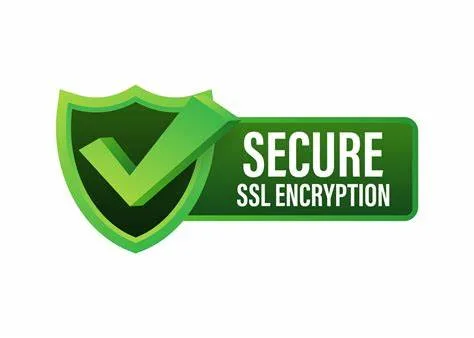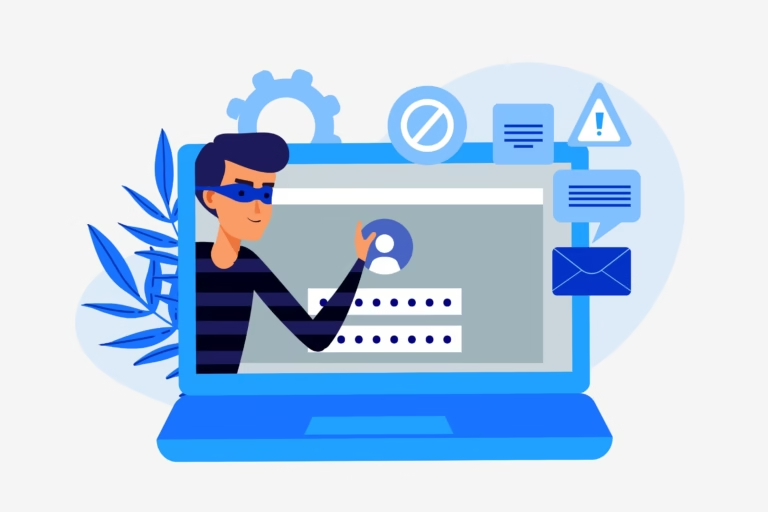Understanding the Basics of Website Security
Website security is the practice of protecting a website from cyber threats and attacks. This includes implementing measures to prevent unauthorized access, data breaches, and other malicious activities that could compromise the integrity of the website and its users.
Some basic principles of website security include:

1. Use strong passwords:
Ensure that all accounts associated with the website have strong, unique passwords that are difficult to guess or crack. Consider using password managers to generate and store complex passwords.
2. Keep software updated:
Regularly patch and update the website’s software, including the content management system (CMS), plugins, and themes. Outdated software can be vulnerable to security vulnerabilities that can be exploited by hackers.


3. Install SSL certificates:
Secure Socket Layer (SSL) certificates encrypt data transmitted between the website and its users, protecting sensitive information such as login credentials and payment details. Ensure that the website has HTTPS enabled to provide a secure connection.
4. Implement firewalls:
Firewalls act as a barrier between the website and external threats, monitoring and filtering incoming and outgoing traffic to block suspicious activity.


5. Backup data regularly:
Create and maintain backups of the website’s data and files to restore it in case of a security incident or data loss. Store backups securely and test them periodically to ensure they are up-to-date and functional.
6. Monitor website activity:
Use security monitoring tools to track and analyze the website’s traffic and identify any potential security threats or anomalies. Set up alerts for suspicious activity and take immediate action to mitigate risks.


7. Educate users:
Educate website administrators, developers, and users about cybersecurity best practices, such as avoiding phishing emails, using secure passwords, and reporting any suspicious activity.
Key Factors to Consider When Selecting a Website Security Provider

1. Reputation and track record:
It is important to choose a website security provider that has a proven track record of successfully protecting websites and preventing security breaches. Look for reviews and testimonials from other clients to gauge their reputation.
2. Range of security services:
Consider the range of security services offered by the provider. Look for a provider that offers comprehensive security solutions, such as malware detection and removal, firewall protection, DDoS mitigation, and vulnerability scanning.


3. Customization and scalability:
Choose a provider that offers customizable security solutions to fit the specific needs of your website. Additionally, consider whether the provider’s services can scale as your website grows and your security needs evolve.
4. 24/7 monitoring and support:
Ensure that the provider offers around-the-clock monitoring and support to quickly detect and respond to security threats. Swift response times are crucial in minimizing the impact of security breaches.


5. Compliance with industry standards:
Make sure the provider complies with industry security standards, such as PCI DSS or HIPAA, if applicable to your website. Compliance with these standards demonstrates that the provider follows best practices for security.
6. Cost:
Consider the cost of the security services provided by the provider. Compare pricing among different providers and ensure that the cost is within your budget while also meeting your security needs.


7. User-friendly interface and reporting:
Look for a provider that offers an easy-to-use interface for managing security settings and monitoring threats. Also, consider whether the provider provides detailed reporting and analytics to help you track the effectiveness of their security measures.
8. Reputation for customer support:
Choose a provider that has a reputation for excellent customer support. Consider whether the provider offers responsive and helpful support in case you encounter any issues with their security services.


9. Integration with existing tools and systems:
Consider whether the security provider’s services can easily integrate with your existing tools and systems, such as content management systems or e-commerce platforms. Seamless integration can make managing security more efficient.
10. Future-proofing:
Finally, consider whether the security provider’s solutions are forward-thinking and can adapt to emerging threats and technologies. Choose a provider that invests in research and development to stay ahead of the curve in cybersecurity.


best cyber security companies
1. eshielditservices.com
2. Palo Alto Networks
3. Help AG
4. Spire Solutions
5. Trend Micro
6. Symantec
7. Palo Alto Networks
8.FireEye
9. Rapid7
10. McAfee
Audit and Compliance – eSHIELD IT SERVICES
Discover the impenetrable shield of cybersecurity for your business. Partner with Eshield IT Services today to fortify your defenses. Reach out to us at Contact us or via email at [email protected]. Direct inquiries and consultations can be made at +971-487-441-45 or through WhatsApp. Safeguard your business while unlocking its true potential










